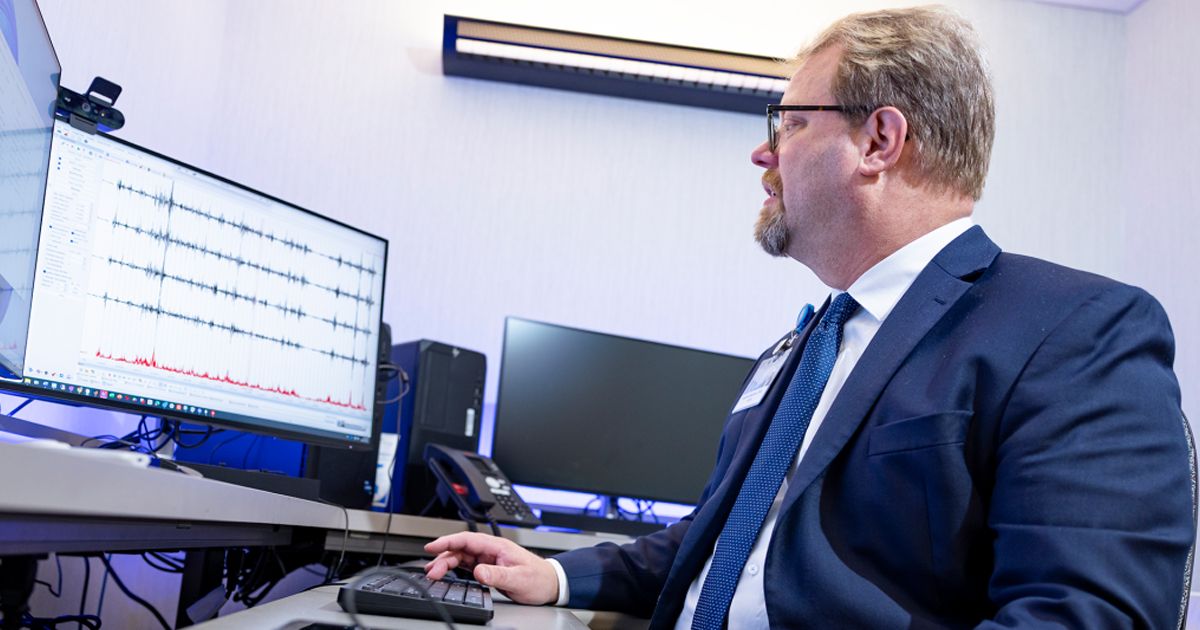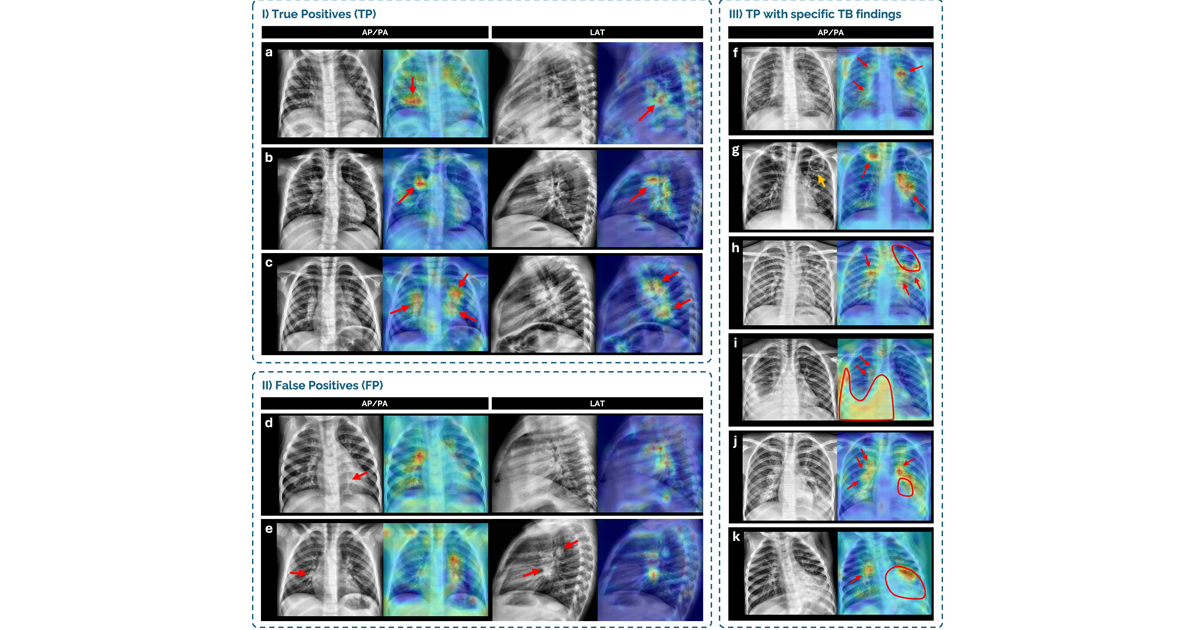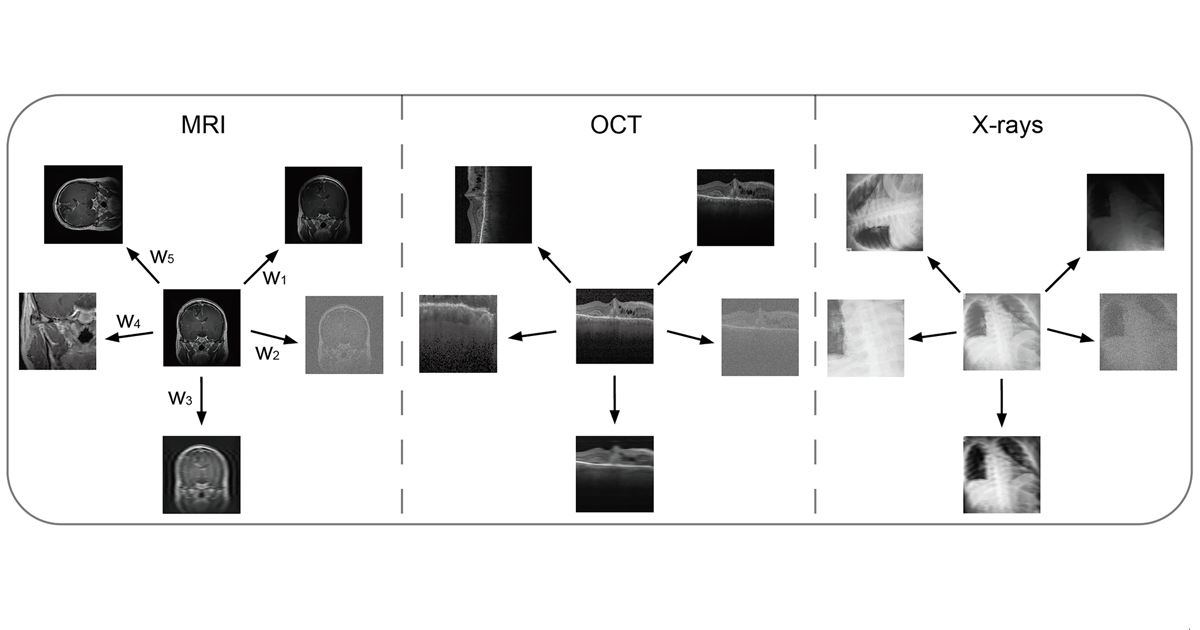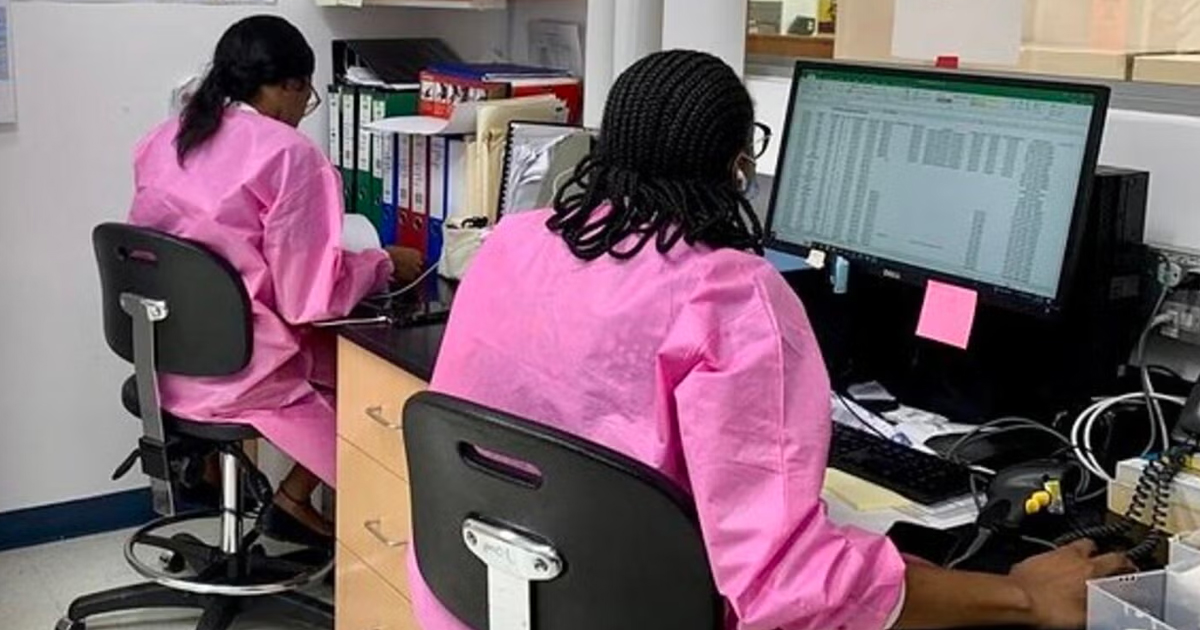El Hospital Psiquiátrico Infantil Dr. Juan N. Navarro, ubicado en la alcaldía Tlalpan en la Ciudad de México, implementó una reorganización en su esquema laboral y de prestación de servicios durante la pandemia, lo que ha llevado a la creación de un programa de telemedicina y teleeducación.
Desde el comienzo de la pandemia el Hospital reorganizó el esquema de las jornadas laborales y permitió el trabajo a distancia en áreas en las que fuera posible. Y las intervenciones ambulatorias se convirtieron en la principal prioridad, antes que las hospitalizaciones.
En marzo de 2020, el personal del Hospital Psiquiátrico Infantil Dr. Juan N. Navarro, en respuesta a la pandemia tuvo que adoptar mecanismos de adaptación para mantener una funcionalidad eficiente. Sin embargo, fue necesaria la creación de nuevas estrategias, y planes, que tuvieron como base la telemedicine. De esta forma, se integraron herramientas para la salud como la informática y las telecomunicaciones para lograr una nueva organización, brindando atención psiquiátrica de calidad, sin exponer a los pacientes al virus.
Fue hasta febrero de 2021, que se implementó una estrategia de seguimiento y monitoreo telefónico a pacientes con patologías graves, las llamadas se realizan de forma diaria, cada tercer día o semanalmente. Actualmente realizan el seguimiento de 135 pacientes.
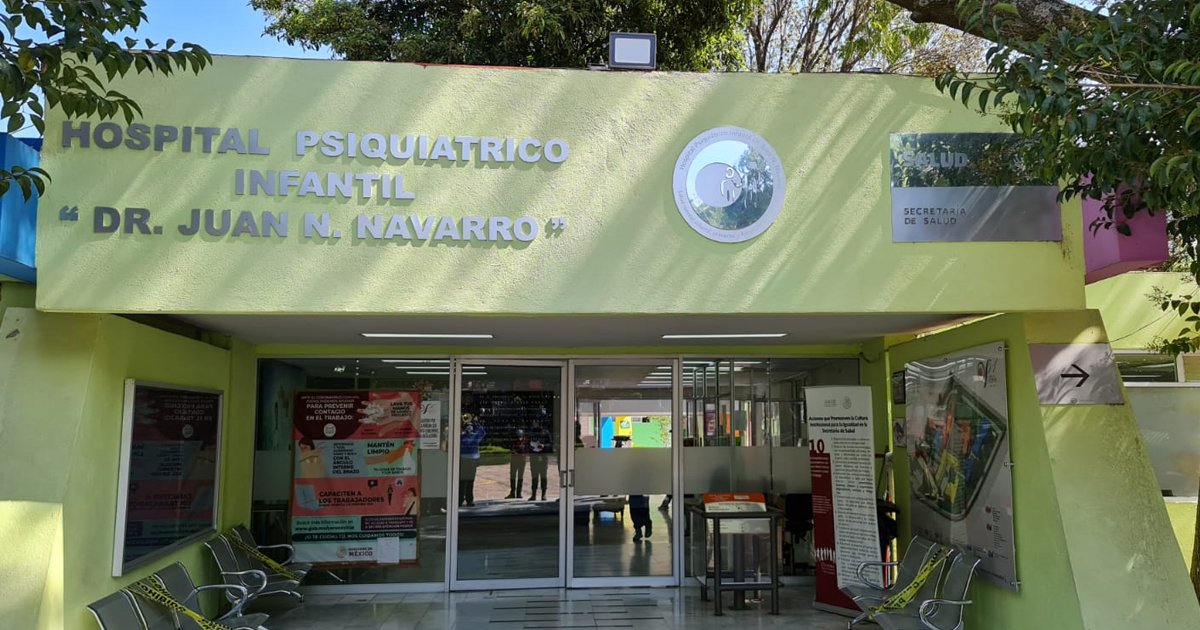
En marzo se implementó una nueva estrategia de telemedicine, sin embargo, tomando como base la teleeducación. Fue así como nació el plan de teleeducación a partir de la teleconsulta, que consistió en la comunicación a través de videollamadas entre el médico especialista y el médico residente quien se encontraba en el hospital con los pacientes. A través de este esquema fueron realizadas más de 680 consultas a distancia.
Capacitación a profesionales
Asimismo, el hospital participó en el programa nacional de tele mentoría en salud mental y adicciones en conjunto con otras instituciones como el Hospital Psiquiátrico Fray Bernardino Álvarez, el Instituto Nacional de Psiquiatría “Juan Ramón de la Fuente Muñiz” o los Centros de Integración Juvenil (CIJ).
Este curso consistió en tres módulos de 6 horas de duración, a través del cual lograron la capacitación de 41 profesionales en psicología, medicina, psicopedagogía y trabajo social de diferentes estados de la república.
Durante el curso los participantes recibieron capacitación sobre teleconsultas de urgencia, teleconsultas prehospitalarias y teleconsultas foráneas.




